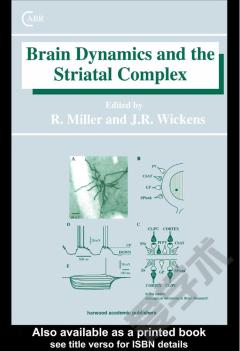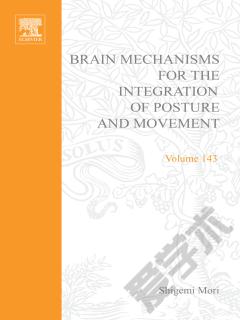Sense Organs Integration, and Behavior
The Physiology of Crustacea, Volume II: Sense Organs, Integration, and Behavior focuses on the three components of self-regulation for crustaceans and examines the behavior that emerges therefrom. This book provides the physiology of the class Crustacea from a comparative point of view. Organized into chapters, this volume starts with an overview of the sensitivity to electromagnetic energy at wavelengths extending from the ultraviolet to the infrared, which is an important adaptive function in crustaceans. This text then explores the innervation of crustacean sensory hairs and describes the sensitivity among crustaceans to external changes in mechanical force by direct contact with solids or by fluid movement. Other chapters consider the two types of pigmentary effectors in crustaceans, namely, the chromatophores and the pigments of the compound eye. The final chapter deals with the four major categories in developing a comparative physiology. Physiologists, biochemists, and researchers will find this book useful.
{{comment.content}}








 京公网安备 11010802027623号
京公网安备 11010802027623号